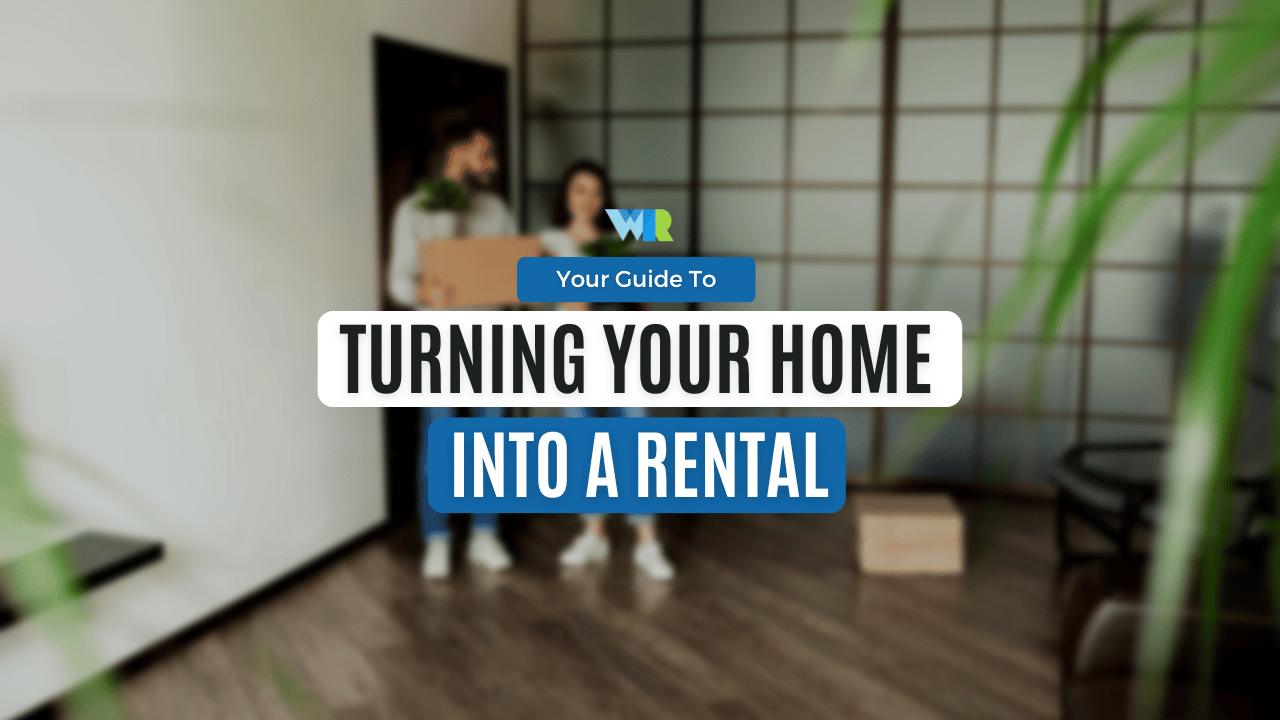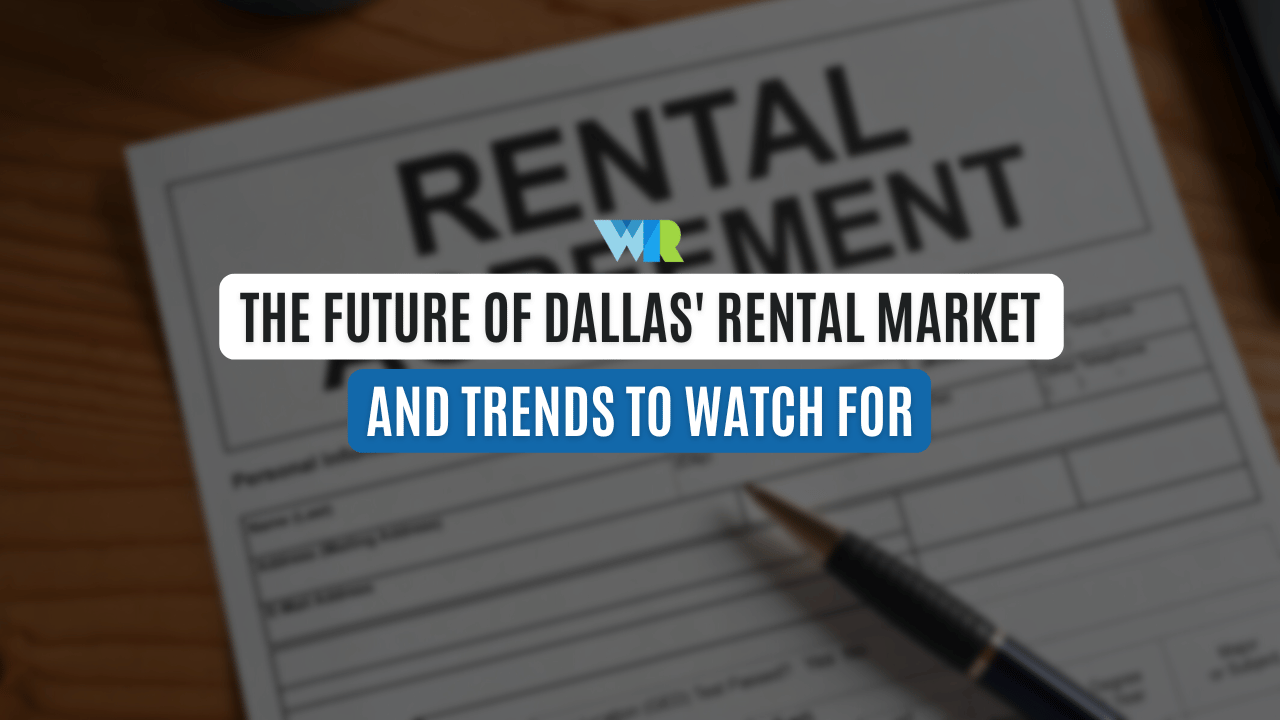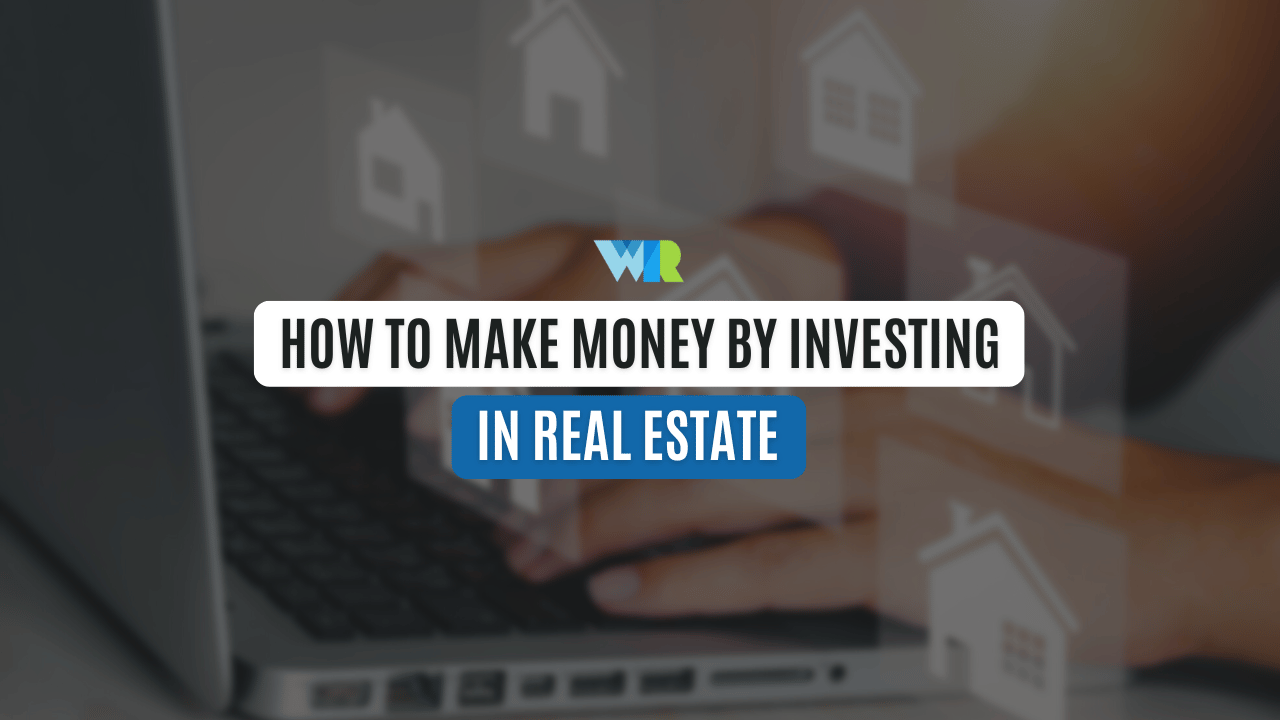Your Guide To Turning Your Home Into a Rental

If you’ve been paying attention to the news, you know that inflation is high and the cost of living is increasing almost everywhere. At the same time, home values are increasing, and property taxes are rising with them. If you want to make a wise real estate decision in this environment, what should you do?
There are two main ways for homeowners to get value out of their current properties. First, you can sell the home and get your equity out of it. However, a less conventional strategy is becoming more popular in our area: converting your primary residence into a rental.
How do you do that? First, you need to speak with your lender if you haven’t paid off your mortgage. You typically can’t use a primary residence loan for investment purposes, so you may have to change the terms of your mortgage or wait until it is paid in full. Also, you must have lived in your home for at least 12 months before converting it into a rental.
Banks have something called a seasoning period. Once your home's rented out, it's typically six months of the seasoning period. After that period, the bank will reduce that expense against your debt-to-income ratio. However, when you first turn around to go buy your home after you've rented out your primary residence, that's when things can be tricky. So make sure you contact your lender about that.
The second thing is you need to talk to your homeowner's insurance provider. Make sure that they have something readily available if you rent the home out.
Now, there are also some other things you need to consider. In the state of Texas, we have the homestead exemption. You would lose that homestead exemption on the house if it was your primary residence. So you need to make sure you take that expense into account when you're putting together a pro forma to calculate what the return would be on your home as an investment. Now, in addition to how the homestead exemption helps reduce your taxes, your homestead exemption limits how much the tax-assessed value goes up and how much you're subsequently taxed on the property. Take that into the pro forma and make sure that you know you're getting the return you want.
Now, the other thing you have to think about when you rent a home out is one of the biggest expenses that surprises most people: vacancy. For example, once you get a tenant in there, after you've moved out, that tenant will eventually terminate their lease and move on. There will be this period where you're not collecting any rent. So you've got to be mindful of that expense.
Now, the other expenses that pop up after your first tenant leaves are things like replacing the carpet or repainting the interior. So these are some expenses that can get up there and negatively impact your return. So you want to make sure you take these things into account.
If you have any questions about converting your home into a rental. Please call or email us. It always starts with how much money I can net from selling my home. We have a home valuation tool at the top of our website. It's a great starting point to find out what your home is worth. However, if you're really serious, you want to get down to the penny. How much money would you net with the sale of your home? And most importantly, how much would your home rent out for based on other homes in the area? Give us a call so we can do the research and make sure you're making an informed decision.

